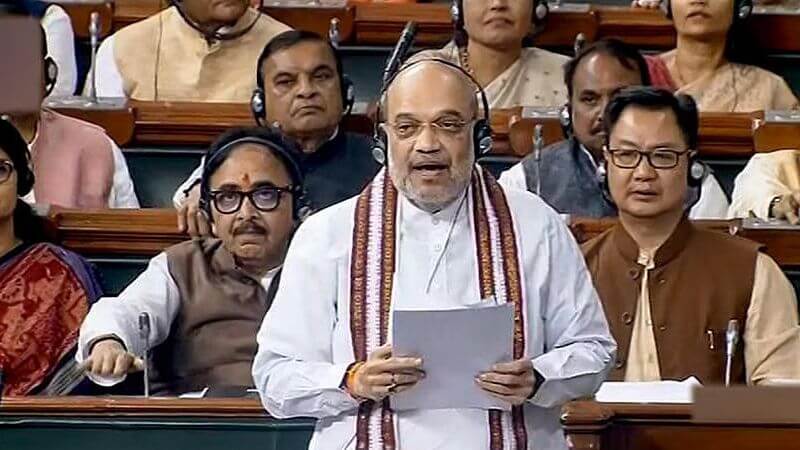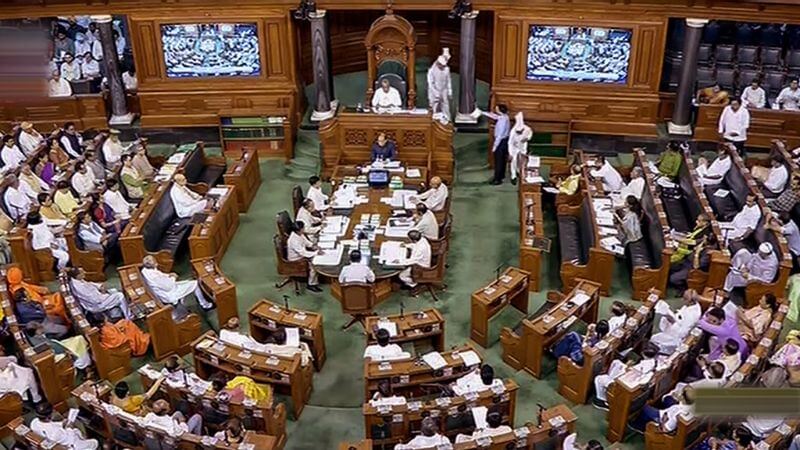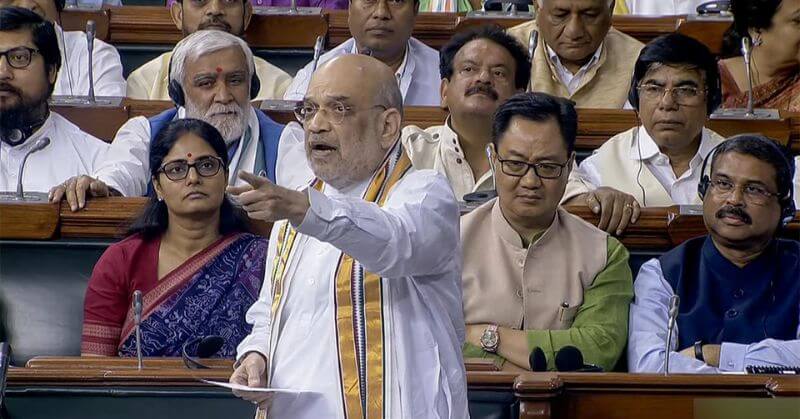On Thursday, the central government passed the Delhi Services Bill, also known as the Government of National Capital Territory of Delhi (Amendment) Bill, 2023. This will further replace an ordinance promulgated earlier for handling the transfers and postings of senior officers in the city government. Continue reading to know more about the bill.
What Is Delhi Services Bill?

The Delhi Services Bill, officially known as The Government of National Capital Territory of Delhi (Amendment) Bill, 2023, was passed in the Lok Sabha on Thursday. This empowers the Lieutenant Governor to exercise discretion on several vital matters. The bill was passed by voice vote amid the opposition walkout. The bill is not confined to transfers and posting of officials and disciplinary matters.
However, this resulted in opposition MPs walking out of the Lok Sabha as a protest. If passed in the Rajya Sabha, the bill will replace the existing ordinance. At the same time, the law has been a significant flashpoint between Arvind Kejriwal’s Aam Aadmi Party (AAP) and the Centre.
Some Key Points Of The Bill, How Will It Impact The Centre’s Relationship With The Delhi Government

- The National Capital Civil Services Authority (NCCSA) will be established for transfers, postings, and other disciplinary matters.
- The NCCSA will consist of the Chief Minister, the Chief Secretary of Delhi, and recommended transfers and postings of the officer to L-G.
- The L-G can now exercise his ‘sole discretion’ on critical matters, which changes the power dynamics between the Centre and the Delhi government.
- The NCCSA recommendations will be based on a majority, and the L-G has the power to either approve or reject the recommendations. Further, the L-G’s decision will be final.
- The bill empowers the L-G to have the final say on critical legislative and administrative matters.
- The bill also empowers the President of India to appoint authorities, boards, commissions, or statutory bodies. Regarding the Delhi legislature, when a matter falls in the ambit of the State list, the L-G is granted the same powers as the president.
- The bill deviates from its parent ordinance in several key areas.
In conclusion, the bill curtails the powers of the Delhi Government. It will replace an ordinance promulgated earlier for handling the transfers and postings of senior officers in the city. The bill has faced a lot of criticism from the opposition parties. What are your views on the bill passed by the Lok Sabha? Do you support the bill? Do let us know your thoughts on the topic discussed above in the comment section. We’re waiting for your response!
Follow Us: Facebook | Instagram | Twitter |
Youtube | Pinterest | Google News |
Entertales is on YouTube; click here to subscribe for the latest videos and updates.














